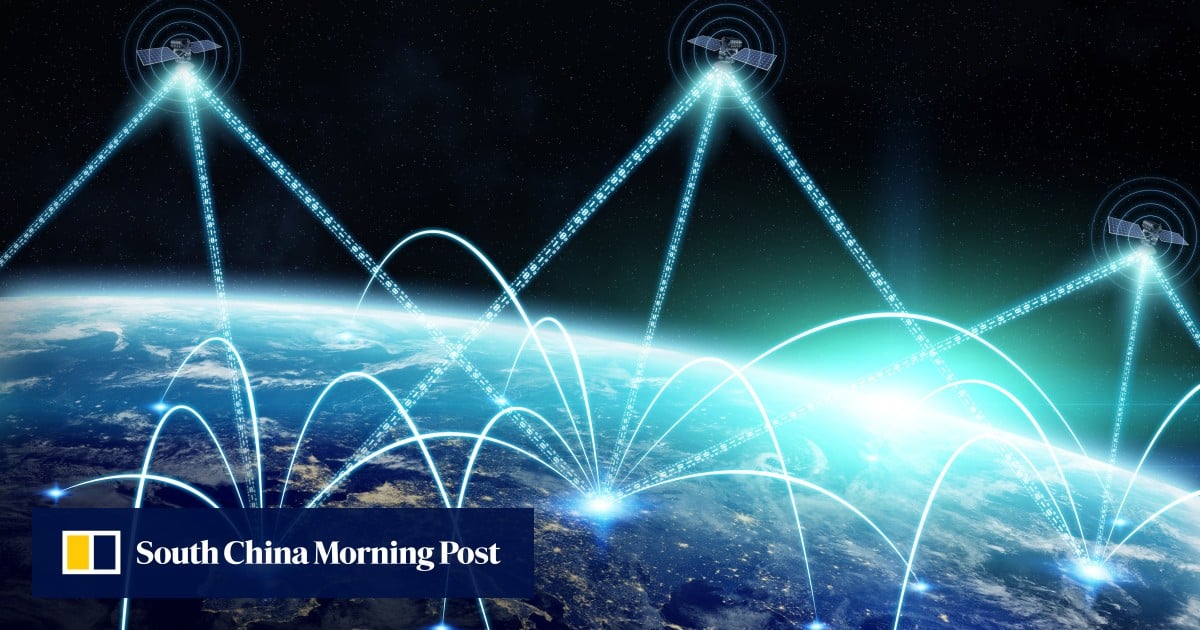At very last week’s so-termed “AUKUS Protection Ministerial” conference, Secretary of Protection Lloyd Austin and his British and Australian counterparts, Ben Wallace and Richard Marles, said that they expected to announce in early 2023 what would be “the exceptional pathway” for Australia to obtain at the very least 8 conventionally-armed, nuclear-driven submarines. Translated into basic English, the phrase connotes the impending final decision as to no matter if, in accordance with the conditions of the September 2021 AUKUS agreement, the submarines will be based on a British or American style. In any function, both of those nations around the world will share their nuclear propulsion know-how with Australia.
AUKUS is a lot more than a program to make a new Australian submarine fleet to change the aging Collins class. It also calls for cooperation among the 3 nations around the world on a wide array of technologies, such as, but not minimal to, innovative cyber, synthetic intelligence and autonomy, quantum systems, undersea abilities, hypersonic and counter-hypersonic engineering, digital warfare. It is in this context that the problem of expanding AUKUS to other states has arisen.
In particular, the AUKUS ministerial has spurred substantial discussion about expanding AUKUS to incorporate Japan, generating a so-referred to as “JAUKUS.” Marles, the Australian protection minister, made it obvious wherever Canberra stands on the make any difference: “AUKUS is a functionality and technologies partnership, one particular which we hope will variety aspect of a broader network Australia seeks to develop, in which Japan is central.” The dilemma, thus, is not no matter whether Japan would be a part of the club of a few but when in truth, some observers argue that the quicker, the superior.
Japan, a longstanding American treaty ally, has a short while ago expanded its armed service cooperation with the other two AUKUS states and has ongoing to raise its protection spending. Tokyo and Canberra signed a reciprocal entry settlement in January, which phone calls for joint military services workouts and less complicated entry for every single country’s forces onto the territory of the other, and commonly supplies for larger and what has been termed “seamless” cooperation involving the two militaries. In October, the two international locations also signed an up to date and strengthened variation of their wide-ranging 2007 Joint Declaration on Protection Cooperation.
Japan similarly has deepened its armed service ties with the United Kingdom, whose forces are ever more lively in East Asia, including the aircraft carrier Queen Elizabeth’s five-thirty day period deployment to the South China Sea, which was accomplished previous month. In 2017, London and Tokyo issued a Joint Declaration on Protection Cooperation that named for joint workouts, information and facts exchanges, and mutual logistics support. In July 2022, the two international locations introduced they would be a part of Italy to acquire a sixth-era fighter plane. This thirty day period, the United kingdom and Japan will indicator a reciprocal entry arrangement identical to the Japanese-Australian settlement — and it is noteworthy that China’s media stores have been attacking the prospect of this settlement considering the fact that early November.
Any Japanese involvement in AUKUS would target on engineering cooperation. When some Japanese politicians favor Tokyo’s getting a nuclear-driven submarine power, many others are skeptical or strongly opposed. The Japanese general public also remains allergic to nuclear propulsion for naval forces. Japan has a able conventionally-run submarine pressure that is properly-suited for functions near the residence islands and, offered the most up-to-date growth in air impartial propulsion technology, would permit for lengthier-length deployments as very well.
Yet, Japanese participation in any higher-technological innovation endeavours with the 3 AUKUS states would possibly call for easing American constraints on technologies transfer. Without a doubt, these types of limitations would avoid other states from participating completely in AUKUS ought to they wish to do so. These include Canada, France (which initially was to market nuclear-powered submarines to Australia) and Sweden. The latter also very likely would be involved in provider everyday living extension for Australia’s Collins course subs, which will have to run right up until Australia commissions its nuclear-run submarine fleet someday in the 2030s.
The united states first tightened its limits on engineering transfer in the 1980s, when it was crystal clear that its engineering tricks were being leaking to the Soviet Union. Washington because has tightened its restrictions over the yrs, but these have not prevented significant and detrimental leakage to China, Russia and other hostile states. Both the Biden administration and Congress must as a result reevaluate whether or not the rewards of technological know-how cooperation with remarkably advanced and trustworthy states these as Japan and Canada outweighs any dangers of more leaks to America’s enemies.
It is clear that Washington no lengthier can system to combat two significant powers at the same time with no the aid of vital allies. Enabling for individuals allies to cooperate even much more intently with the United States on technologies improvement would not only improve the navy capacity of all concerned, but would bolster their joint deterrent against China in certain, and those hostile to the West in general.
Dov S. Zakheim is a senior adviser at the Centre for Strategic and Worldwide Reports and vice chairman of the board for the International Coverage Research Institute. He was less than secretary of Defense (comptroller) and main fiscal officer for the Department of Protection from 2001 to 2004 and a deputy less than secretary of Protection from 1985 to 1987.





